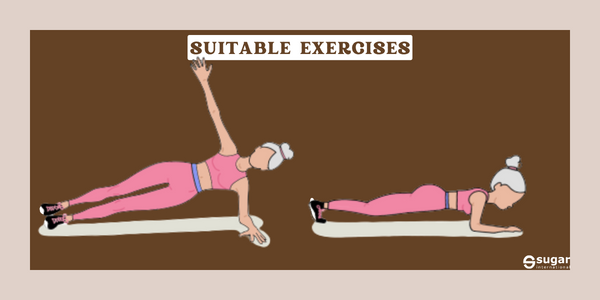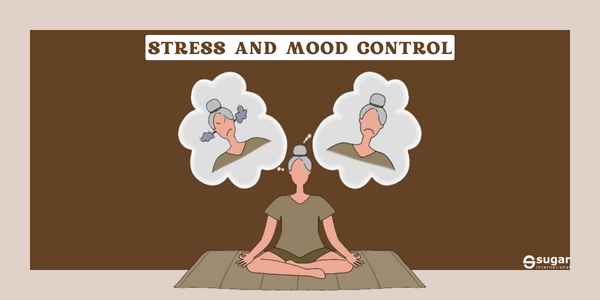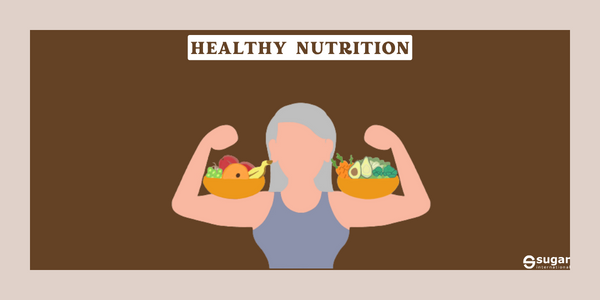Why do perineal rehabilitation during menopause?

Discover rehabilitation during menopause: pelvic floor strengthening, adapted exercise, stress management, balanced diet...
A comprehensive approach to alleviate symptoms and promote a positive transition to a fulfilling life.
Rehabilitation during menopause: an approach to well-being
The menopause is a natural stage in a woman's life, marking the end of her fertile period. However, it is often accompanied by troublesome symptoms such as hot flushes, sleep problems, mood swings and urinary problems.
To cope with these symptoms and maintain a good quality of life, many women turn to rehabilitation during the menopause.
This approach aims to strengthen the body, mind and emotions, offering a complete solution for tackling this transitional stage with peace of mind.
I - Strengthening the pelvic floor:
A common concern during the menopause is the weakening of the pelvic floor, which can lead to bladder weakness and reduced sexual satisfaction.
Pelvic floor retraining is a key element of menopause rehabilitation. Kegel exercises, which involve contracting and relaxing the pelvic muscles, are often recommended to strengthen this area.
In addition, the use of devices such as products from the PELVIK range can also help to tone pelvic muscles and improve urinary function.
II - Appropriate physical exercise

Regular physical activity is essential during the menopause to maintain overall health and prevent weight gain.
However, it is important to adapt exercise to the hormonal changes and specific needs of each woman. Exercises such as walking, swimming, yoga and Pilates can be beneficial for strengthening muscles, improving flexibility, reducing stress and promoting restful sleep.
A personalised exercise programme, developed with the help of a rehabilitation professional, can be particularly effective in maximising the benefits of physical activity.
III - Managing stress and emotional changes

The menopause is often accompanied by emotional changes such as anxiety, depression and mood swings.
Menopause re-education takes a holistic approach, incorporating stress management and relaxation techniques. Meditation, deep breathing, cognitive behavioural therapy (CBT) and other relaxation methods can be used to help women cope with the emotional changes associated with this phase of their lives.
A multidisciplinary approach, combining physical rehabilitation and psychological therapy, can provide significant relief.
IV - Balanced nutrition

A healthy, balanced diet plays a crucial role during the menopause.
Some women may find it difficult to maintain a healthy weight due to hormonal fluctuations. Menopause rehabilitation often includes personalised nutritional advice to help prevent weight gain and maintain good health. A diet rich in fruit, vegetables, whole grains and lean protein sources is recommended.
It is also important to stay hydrated and limit alcohol and caffeine consumption, which can aggravate certain menopausal symptoms.
Rehabilitation during the menopause can help women cope with the symptoms and challenges associated with this stage of life.
By strengthening the pelvic floor, adopting appropriate physical activity, managing stress and emotional changes, and adopting a balanced diet, women can improve their quality of life during the menopause.
It is advisable to consult healthcare professionals specialising in menopause rehabilitation for personalised support and advice tailored to each individual situation.
With the right approaches, the menopause can be approached as a positive transition to a fulfilling and healthy life.
